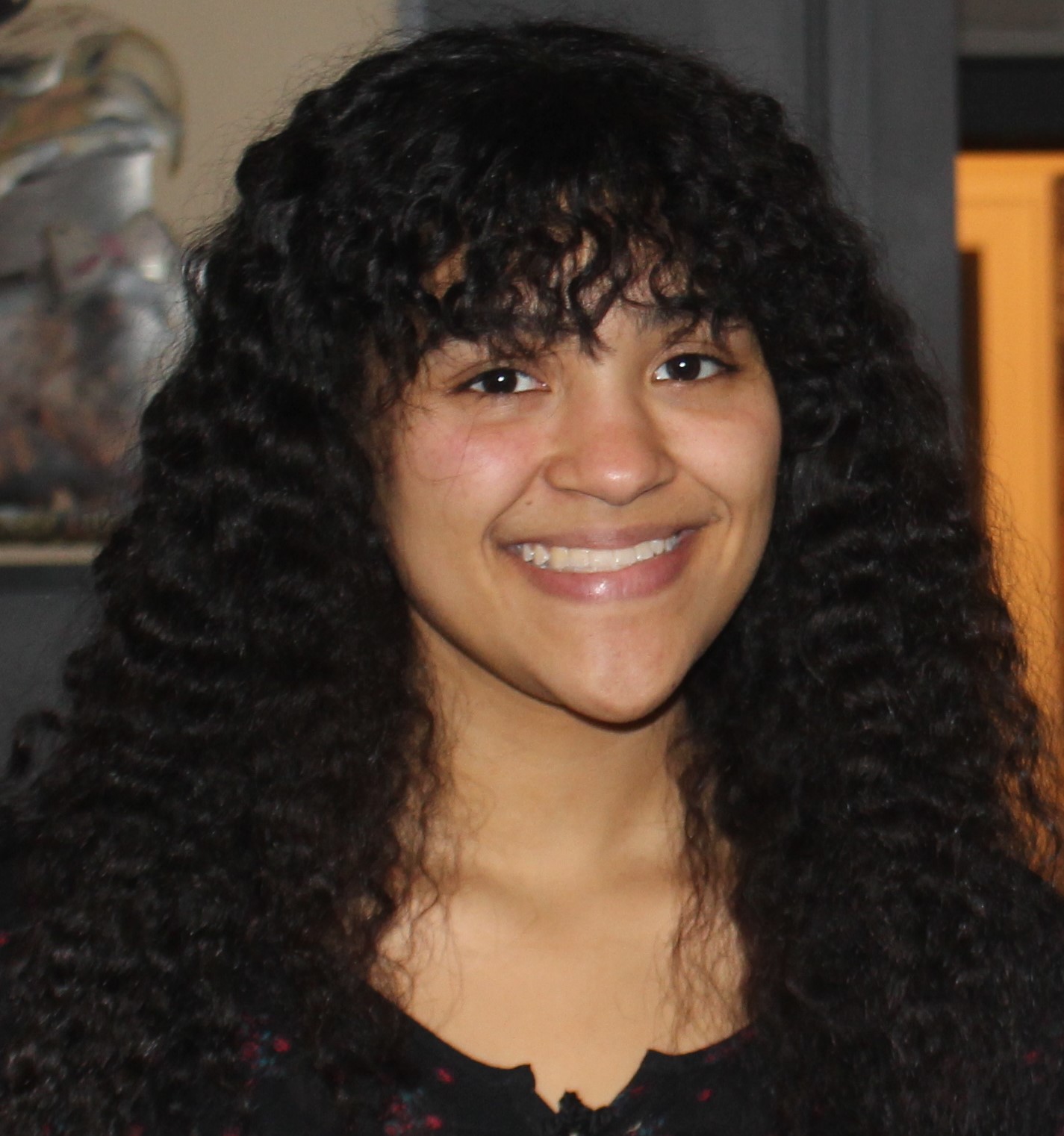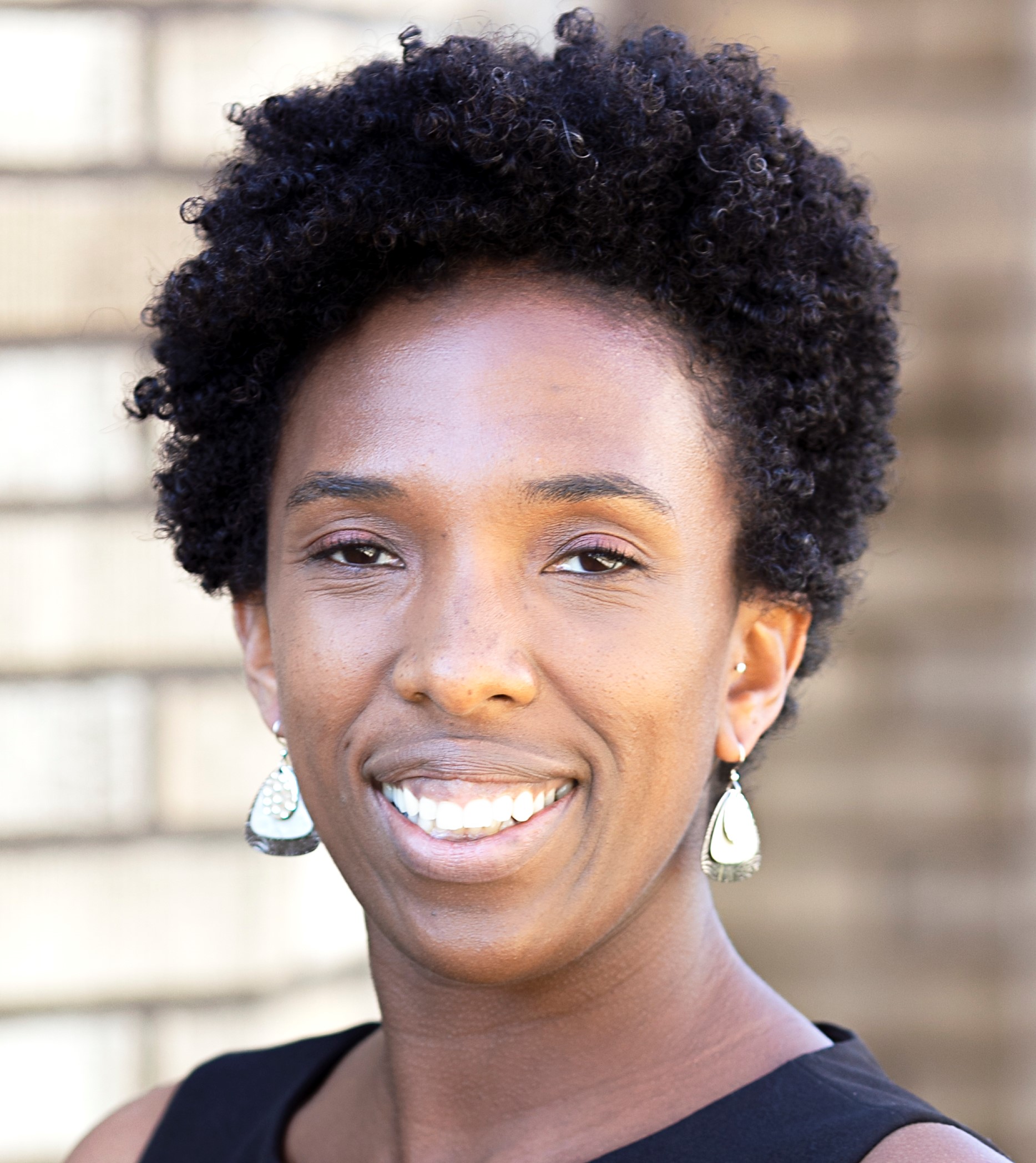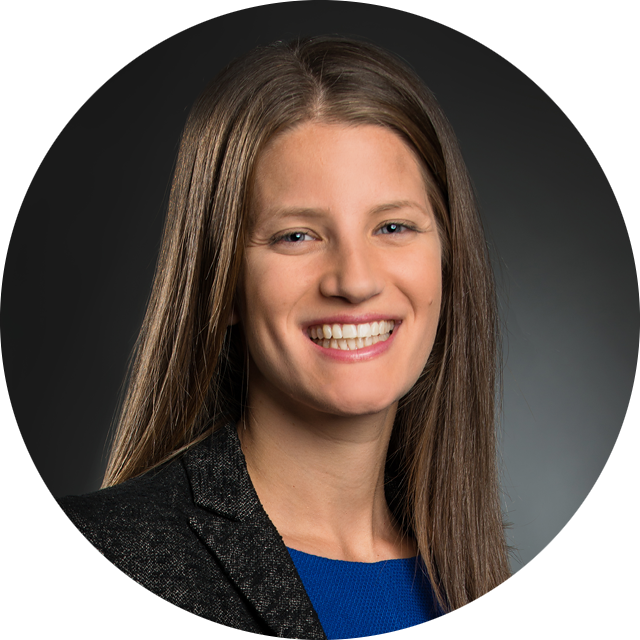The Rhode Island Alliance for College and Career Readiness (RIACCR) is pursuing a policy agenda focused on promoting equity of educational opportunity and outcomes for all students in Rhode Island. A key part of the Alliance’s strategy is empowering students to be directly involved in policy design and advocacy. Through the statewide organization Young Voices, more than 10 Rhode Island public high school students have participated as full members of the Alliance since it launched in 2017, alongside leaders of organizations like the College Crusade of RI and the local NAACP. 18 youth have engaged in additional ways, including attending the RIACCR convening this past fall. We spoke to Amelia Lopez, a senior at Classical High School in Providence, and Paige Clausius-Parks, a Senior Policy Analyst at Rhode Island KIDS COUNT who coordinates this Alliance, at their office in Providence, to learn more about this work. This interview has been edited for length and clarity.
EDUCATION FIRST: How did you first get involved with Young Voices?
AMELIA: When I first walked in, I had no idea what the program was really about. But I saw a bunch of students talking to each other, laughing and eating snacks, and it was an extremely warm environment to be in. I got involved from there very quickly. I started coming to policy meetings at KIDS COUNT. At first it all went over my head a little bit. But I saw my peers so engaged and asking deep questions that I got interested. I soon saw that we could have direct influence on decisions.
EDUCATION FIRST: What are some policy changes you’re working on pursuing?
AMELIA: We want a lot of reform in our schools, particularly related to student-teacher relationships. We want better professional development for teachers on student engagement, relationships and de-escalation, rather than going straight to punitive measures. Students are people, and go through really tough things just as adults do, and they deserve humane interactions with teachers. We’ve been pushing for restorative justice in our schools instead of just punishment.
Another accomplishment we’re proud of is our policy brief on girls of color in Providence. There is a lot of conversation about boys of color—why not girls? We started doing focus groups and getting data, and found that girls of color were graduating so much less and getting suspended so much more than their white peers. We created the brief and brought it to many policymakers, including the [Providence Public School District] superintendent. It made me feel empowered to come up with an idea like that, and to have actual game plans for things that could be done. I’ve passed the work down to the younger girls now that I’m graduating. They’re still continuing to read the policy brief, fight for it and present it to people in power. It’s really beautiful.
EDUCATION FIRST: Can you tell us about the role of Young Voices members in the alliance? As the alliance leader, what do you do differently to support youth involvement?
PAIGE: The youth are equal partners in the Alliance. They receive the agenda like everyone else, come to the meetings and participate, and the expectation is that they are seen and contribute equally as everyone in the room. They are the ultimate consumers of whatever policy agenda we’re pushing, and know best what works and what doesn’t work. Any policy created without the people impacted is not good policy.
At the meetings, we’ve built in ways for everyone to contribute. Doing a round of introductions and a round of updates makes young people feel more comfortable speaking up. Then we closely facilitate conversation. If discussions tend to be going in a direction where young people are feeling left out, we pause and engage them to make sure their voices come to the forefront.
The number of young people also always matters. If it’s just one, it’s more difficult for them to speak up. The level of commitment to listening to youth is proportional to the number of them in the room.
AMELIA: It’s so important for us to be at the table. You can’t have a change happen or a new system in place without first testing it and asking the approval of people who are going to be experiencing it.
EDUCATION FIRST: How has being involved with Young Voices benefited you?
AMELIA: It’s a really great way to learn. As young people, we are the future, and the only way for us to learn and for us to know how to take the baton when it’s handed to us is by being part of these conversations. When I grow up and lead these meetings on my own, I’ll have a sense of how it’s supposed to go because I’ve had this experience.
It’s also empowering. One time I participated in a panel for the Providence Journal. It was me and another student from RI. The Mayor was there, as well as several superintendents and other people with a lot of power. It was such a great experience. I learned that what I have to say really matters. When you’re just a kid and you’re going about your life, and you want to tell people things, you feel as if what you’re saying doesn’t really matter. Young Voices teaches us that what we have to say matters, and then they put us in environments where what we say does matter.
EDUCATION FIRST: How has Young Voices made the Alliance stronger?
PAIGE: The [youth members] are always so consistently prepared. It isn’t easy to develop the skills for any person to be able to be engaged in these types of macro-level discussions.
That learning goes two ways as well. To be vulnerable as an adult, to share that power dynamic, that’s how we all learn from each other. Young people have a different background or perspective than some of the adults. You’re asking them for their input and ideas, and you may not hear what you want to hear. This takes a lot of practice—to not think about what young people will say ahead of time or try to lead them in a specific direction. I’ve learned that you don’t always have to know the answers—the young people are here to help with that. You have to be open about the conversation, what the barriers and challenges are, what’s exciting about an idea, and build that together. It takes a lot of trust, and good old-fashioned team-building, to have that partnership.
EDUCATION FIRST: What advice would you offer to others interested in getting involved with youth advocacy?
PAIGE: In RI we have a lot of great, amazing organizations. I don’t know what that’s like in other states, but I imagine there are young people all over the country who are ready to be part of the conversation. I’d encourage other alliances to spend some time researching what youth groups in your area are doing this work, and really investing the time in getting to know them. That can lead to a great partnership.
AMELIA: It’s important for youth to put themselves in the right situations, and so it’s important to do the research about those opportunities. There are so many opportunities we could be a part of that we don’t know exist. You can go to the State House when there’s a new bill up for debate and participate and be a part of that. You can sit in on Board meetings, alliance meetings, local policy meetings. A lot of these things are public. Youth organizations need to make sure they are bringing their members to the situations where they can make the biggest difference.
Since this interview was conducted, the Rhode Island Department of Education (RIDE) commissioned the Johns Hopkins Institute for Education Policy to conduct a review of the Providence Public School District (PPSD). This review was requested by RIDE, Governor Raimondo, and Providence Mayor Jorge Elorza in response to consistently low achievement in Providence. The report’s findings were alarming — exceptionally low levels of academic instruction, a broken school culture, teachers feeling unsupported, school leaders not feeling empowered, and parents feeling marginalized and demoralized. Following the report’s release, RIDE requested authority to take over PPSD. The Johns Hopkins report identifies Providence’s many challenges, but this community also has many strengths, including its strong network of youth organizations that empower students to be directly involved in policy design and advocacy. The turnaround of Providence Public Schools will be more likely to succeed if it builds on these strengths and empowers students, families, and the community to help drive change.



